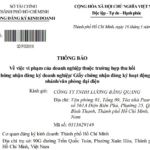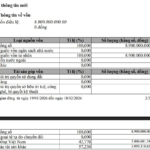May 31st Marks National Savings and Anti-Waste Day
On September 22nd, the National Assembly Standing Committee discussed the draft Law on Thrift and Waste Prevention (a comprehensive revision of the Law on Thrift Practice and Waste Prevention).
During the session, Deputy Minister of Finance Ho Sy Hung stated that the draft law concretizes Directive 27 of the Politburo, clearly outlining the responsibilities, duties, and authorities of agencies, organizations, collectives, and individuals in managing and utilizing national resources, particularly emphasizing the role of leaders in waste prevention.
The draft specifically highlights that leaders of agencies and organizations are personally accountable if they fail to implement or improperly implement waste prevention regulations, or if wasteful acts occur within their jurisdiction.
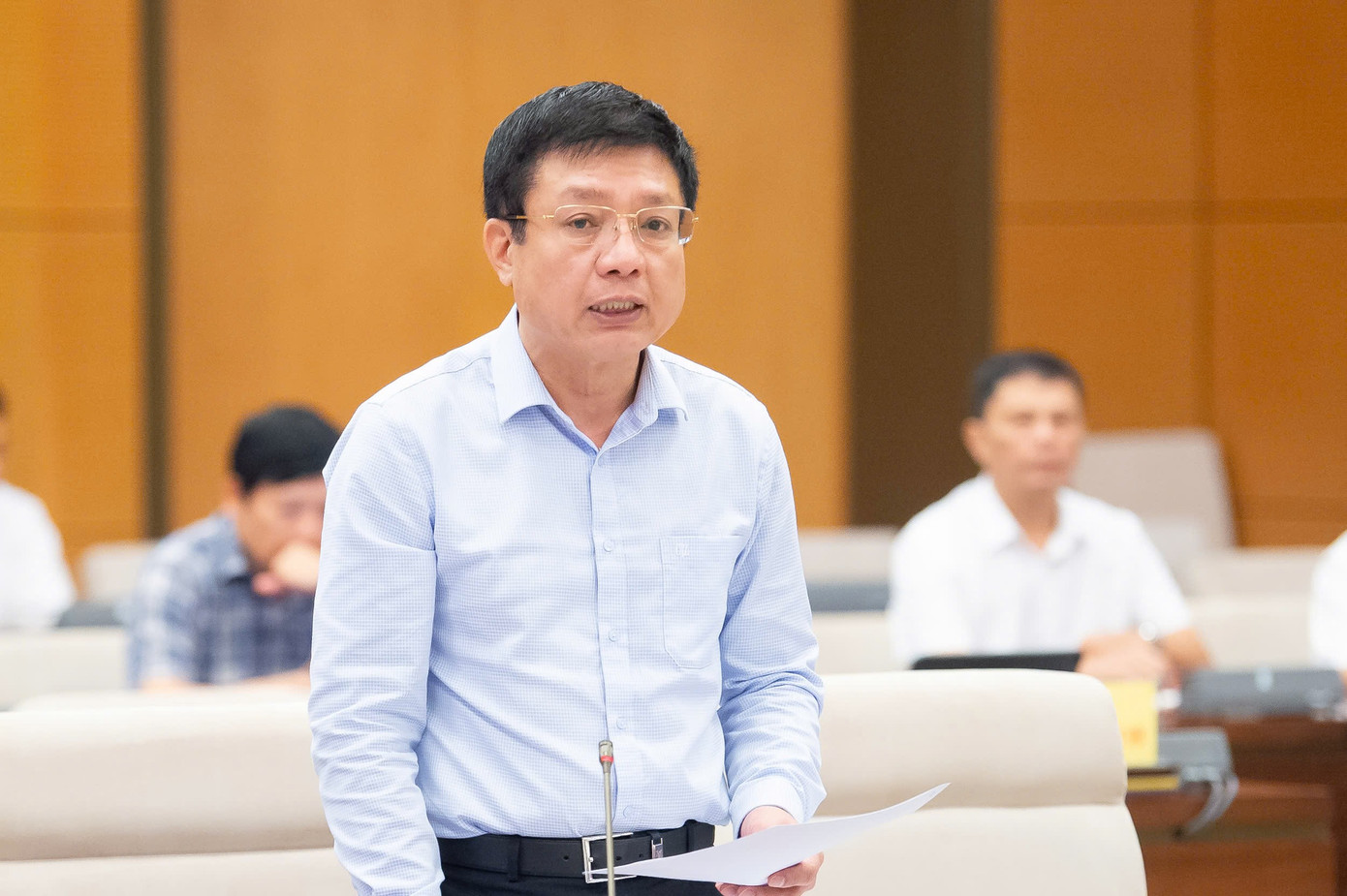
Deputy Minister of Finance Ho Sy Hung.
According to Mr. Hung, the draft incorporates provisions from Regulation 231 of the Politburo on protecting anti-corruption and waste fighters, enhancing regulations on waste detection, handling of waste reports, and safeguarding those combating waste.
Additionally, the draft law reflects General Secretary To Lam’s directives, adding provisions to establish a comprehensive legal framework for robust monitoring, inspection, and severe penalties for wasteful acts.
During the review, Chairman of the Economic and Financial Committee Phan Van Mai suggested further research to incorporate principles ensuring the spirit of Directive 27: “Thrift as a goal, waste prevention as a duty.”
The reviewing agency also proposed that evaluations of thrift and waste prevention be based on standards and norms set by competent authorities, alongside overall assessments of task performance, output quality, resource efficiency, and social impact.
The draft designates May 31st as the annual “National Savings and Anti-Waste Day,” with the government responsible for detailed implementation guidelines.
Addressing the ‘Commons Problem’
Vice Chairman of the National Assembly Vu Hong Thanh noted the thin line between thrift and waste. “What’s considered thrift in one context might be waste in another. Are our economic and technical standards appropriate?” he questioned.
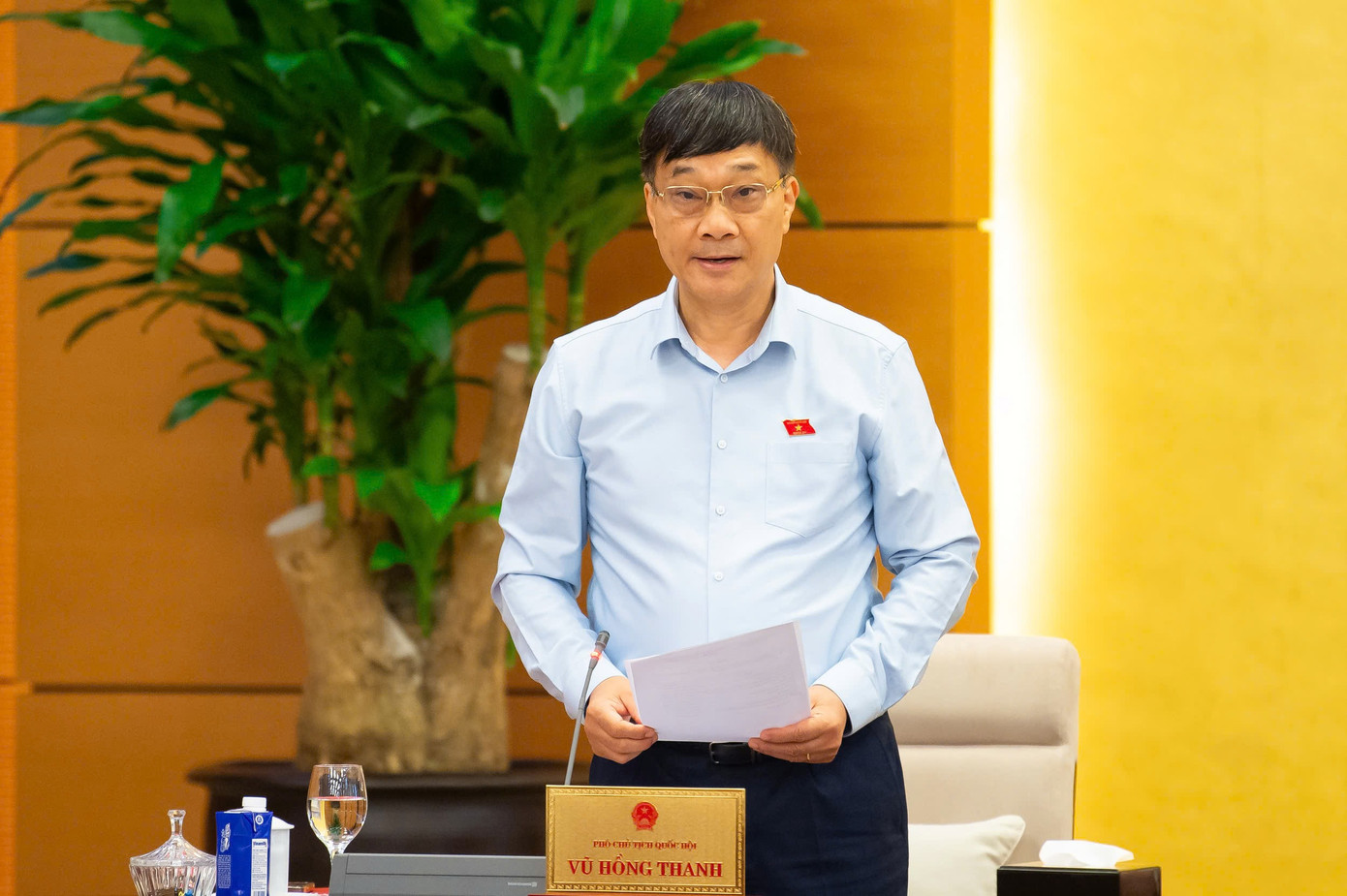
Vice Chairman of the National Assembly Vu Hong Thanh.
Mr. Thanh emphasized distinguishing between wasteful acts due to negligence or legal violations and objective risks, especially when piloting new policies.
“There’s a fear of swinging from one extreme to another. Delayed projects lead to waste and opportunity costs. While the principles are sound, I’m concerned about ensuring feasibility,” he expressed.
Vice Chairman Tran Quang Phuong highlighted the persistent “commons problem” where issues not under direct responsibility often go unreported by officials. He stressed the need to promote a culture of thrift and waste prevention among both officials and citizens.
Chairman Phan Van Mai cited Ho Chi Minh City’s annual payroll of 10 trillion VND. If the People’s Committee Chairman is granted autonomy over staffing and salary funds, reducing costs by 10-15% over five years could significantly enhance budget efficiency.
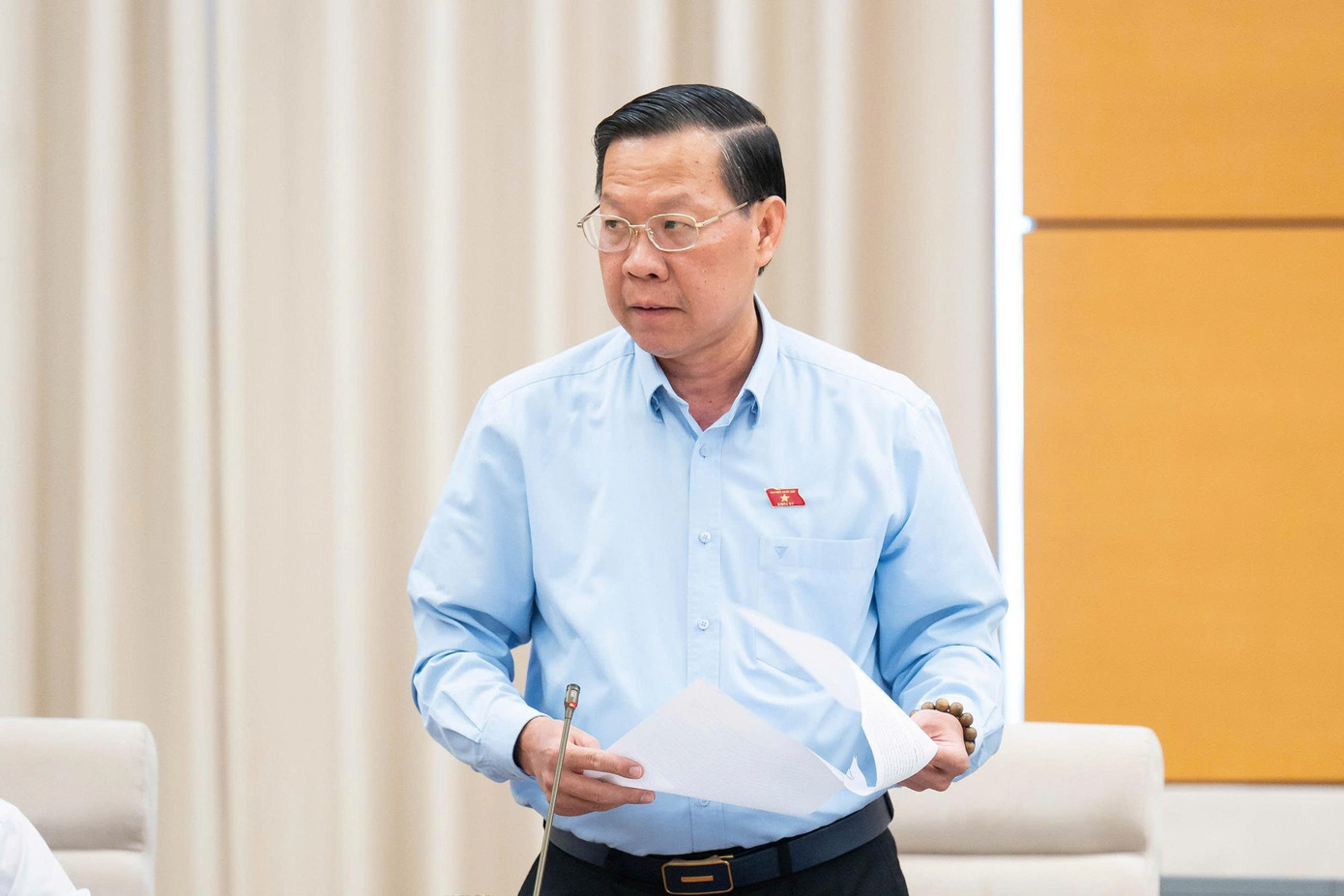
Chairman of the Economic and Financial Committee Phan Van Mai.
“Current decentralization and empowerment mechanisms remain insufficient. Leaders of public service units lack full authority over state-assigned assets to maximize efficiency,” he stated.
He cited a recent case where a foreign investor returned a major Thu Thiem project due to prolonged approval processes, incurring billions in late fees despite bureaucratic delays. This not only wasted land resources but also damaged investor confidence.
Mr. Mai proposed boldly empowering leaders at all levels to decide on asset and financial usage, advocating pilot programs for cost allocation and autonomy.
What is the Price Range for Villas and Townhouses in Ho Chi Minh City’s Most Exclusive Areas?
The Ho Chi Minh City villa and townhouse market in August 2025 continues to witness persistently high selling prices, with most projects experiencing price hikes despite a significant drop in demand.





